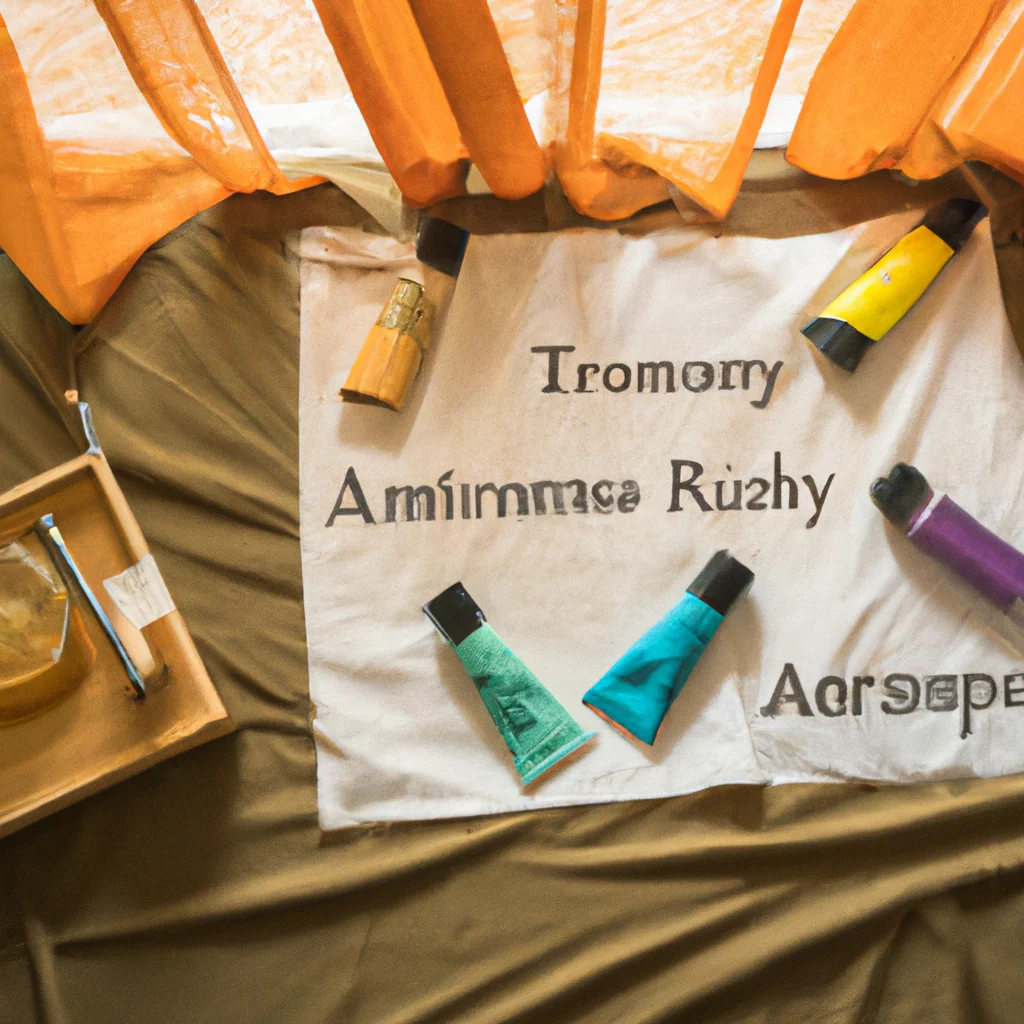Understanding Aromatherapy
Aromatherapy is a therapeutic practice that utilizes essential oils extracted from plants to promote physical and psychological well-being. The method has gained significant traction in recent years as a popular alternative approach to mental health care across America. By harnessing the natural properties of various essential oils, individuals can experience a range of benefits that contribute positively to their mental health.
The Science Behind Aromatherapy
The efficacy of aromatherapy is rooted in its ability to stimulate the olfactory system, which directly influences the brain’s limbic system. This part of the brain is responsible for emotional responses, memory, and behavior. Studies have shown that specific scents can trigger emotional responses and help alleviate symptoms of anxiety, depression, and stress.
Key Essential Oils and Their Benefits
Several essential oils are particularly notable for their mental health benefits:
- Lavender: Known for its calming properties, lavender essential oil has been shown to reduce anxiety and improve sleep quality.
- Peppermint: This oil can enhance mental clarity and focus, making it useful during times of stress.
- Chamomile: Often used to promote relaxation, chamomile is effective in reducing symptoms of anxiety and promoting restful sleep.
- Rosemary: This oil is associated with improving memory and cognitive function, making it beneficial for mental clarity.
How Aromatherapy is Utilized in Mental Health Treatment
Aromatherapy can be integrated into various therapeutic practices, including psychotherapy, massage therapy, and wellness programs. Mental health professionals increasingly recognize the value of incorporating essential oils into treatment plans to support emotional healing and resilience.
Aromatherapy in Psychotherapy
In psychotherapy, essential oils may be diffused in the treatment room or applied topically to enhance the therapeutic environment. The calming scents can help clients feel more at ease, allowing for deeper emotional exploration.
Aromatherapy in Massage Therapy
Massage therapists often use essential oils during sessions to enhance relaxation and promote emotional release. The combination of touch and scent can amplify the therapeutic effects, leading to improved mental clarity and emotional well-being.
Aromatherapy in Wellness Programs
Many wellness programs now incorporate aromatherapy as part of their holistic approach to mental health. Workshops and classes may teach individuals how to use essential oils for self-care, stress management, and emotional balance.
The Growing Popularity of Aromatherapy in America
As awareness of mental health issues continues to rise, more individuals in America are seeking alternative and complementary therapies. Aromatherapy has gained a reputation as a safe and effective method for enhancing mental health, leading to an increase in its use across various demographics.
Increased Accessibility
The rise of e-commerce and health-focused retail stores has made essential oils more accessible than ever. Individuals can easily purchase high-quality essential oils and incorporate them into their daily routines. This accessibility plays a significant role in the growth of aromatherapy as a mental health resource.
Community and Support
Online communities and social media platforms foster discussions about the benefits of aromatherapy, allowing individuals to share experiences and tips. This sense of community encourages more people to explore aromatherapy as a viable option for improving their mental well-being.
Research and Evidence
While anecdotal evidence supports the benefits of aromatherapy, scientific research is essential for validating its efficacy. Numerous studies have examined the effects of essential oils on mental health, with promising results.
Clinical Studies
Clinical studies have demonstrated that aromatherapy can significantly reduce anxiety levels in various populations, including those undergoing medical procedures and individuals experiencing chronic stress. These findings contribute to the growing body of evidence supporting the integration of aromatherapy into mental health treatment.
Systematic Reviews
Systematic reviews of existing research have indicated that aromatherapy can improve mood and reduce symptoms of depression. The consistent positive outcomes from these studies highlight the potential role aromatherapy can play in comprehensive mental health care.
Practical Applications of Aromatherapy
For those interested in incorporating aromatherapy into their mental health practices, several practical applications can be easily integrated into daily life.
Diffusion
Using a diffuser is one of the most popular methods for enjoying essential oils. By dispersing the scent into the air, individuals can create a calming environment conducive to relaxation and mental clarity.
Topical Application
Essential oils can also be applied topically when diluted with carrier oils. This method allows for direct application to pulse points, enhancing the aromatherapeutic experience.
Baths and Soaks
Adding essential oils to bathwater can create a soothing experience, promoting both physical and mental relaxation. This practice can be particularly beneficial after a long day.
Safety and Considerations
While aromatherapy is generally safe, it is essential to consider potential allergies and sensitivities. Individuals should conduct patch tests before applying essential oils directly to the skin and consult healthcare professionals if they have underlying health conditions.
Quality of Essential Oils
Not all essential oils are created equal. It is crucial to choose high-quality, pure essential oils from reputable sources to ensure safety and efficacy.
Aromatherapy and Mental Health: A Holistic Approach
Integrating aromatherapy into mental health care aligns with the holistic approach that recognizes the interconnectedness of mind, body, and spirit. This perspective emphasizes the importance of addressing mental health through various modalities, including nutrition, exercise, and mindfulness practices.
Complementary Practices
Aromatherapy works well alongside traditional therapies, such as cognitive-behavioral therapy (CBT) and mindfulness-based stress reduction (MBSR). Combining these practices can lead to improved mental health outcomes and overall well-being.
Conclusion
The rise of aromatherapy as a supportive tool for mental health in America reflects a broader shift towards holistic wellness. As more individuals seek natural alternatives to traditional therapies, the integration of essential oils into mental health practices continues to gain recognition. By understanding the science, applications, and benefits of aromatherapy, we can better appreciate its role in enhancing mental health and well-being.
For those interested in incorporating quality essential oils into their routine, we recommend checking out Nivax Lifestyle for a range of products designed to support mental health through aromatherapy.


